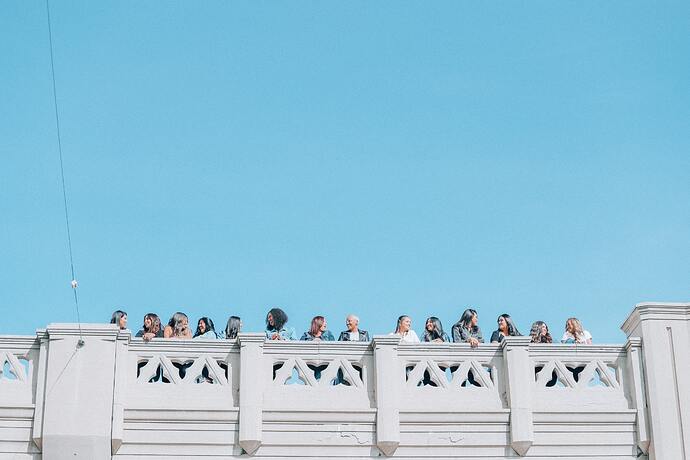This article is part of our series to support economic resilience and regeneration. We collect knowledge and practices that people in different sectors are using to keep their businesses afloat right now. People discuss and share advice with one another by leaving thoughtful comments to each article. Contributors then receive invitations to opportunities for further learning and collaboration.
In this breakout session of our coworking event, participants discussed the positives of using coworking spaces to build a network and nurture innovation. Negotiating insurance packages as a coworking collective and helping to nurture female entrepreneurship are some of the positives of working in these environments. Read on for more examples.
Stronger together
“Coworking Toronto … actually gathered the coworking players and then they could negotiate with the insurance industry because you know, when coworking, most of the members over there are gig economy, freelancers. And then many people don’t want to go through the entrepreneurs’ path because of the income security, the benefits and all that. And then they thought, so what if you don’t enforce it? All of our members combined, definitely, we can negotiate for certain packages with the insurance company.”
How coworking can work to incentivise female entrepreneurship in Montenegro
“One year ago there were less than 2% of female entrepreneurs in our country, which is very, very low…They’re (the government) trying to raise that number for both startups and female and male entrepreneurs. But let’s say we have kind of a positive impact to doing that in the last two years… So, we see our (coworking space) purpose of changing that mindset and helping them doing work and running projects on their own and running businesses, small stores, whatever it is, whatever they find useful to grow the economy.
“And I think that will hit us even harder just because of that kind of mindset, because we are naturally entrepreneurial people. And this is something that you have to start working immediately and to dedicate all our efforts on the governmental level to help our young people to really think differently.”
Ecosystem builders
“The majority of the audience (in Indonesia) who are using coworking spaces, their average rate of income per year is double than the conventional workers. So, from like 4% (for the) conventional one to 8% for the millennials. Other statistics show that actually 80-something percent of people think that they got a really relevant professional network. And then 64% got job referrals and projects from the coworking network."
"So we always highlight economic impact…So, it’s all about distributing equal opportunity of access,”
Government paying $10,000 for people to move to Oklahoma city
“They’ve actually done a top down perspective, which has allowed for the government to promote it as well, and actually put some funding into it, which allows for these spaces to develop. It allows for remote workers to come in and have a space to work from, but also see that there’s industry available. So initiatives like paying $10,000 to just have someone move to Oklahoma. that’s an incentive enough to kind of bring industry to this area and try to get it to boom.
“…there is a bunch of unused or underutilized funding out there that could tie into these initiatives to make it work and allow for people to access that and build it out and put your place on the map or again, bring it to rural communities.”
How coworking spaces impact an areas economic development
“… The Coworking library, I think they are based in the UK and what they are trying to do is a lot of research and data in coworking industry. I was talking to one of the researchers on the impact of a creative hub or creative coworking spaces or players have in the ecosystem of the economic development of a city… And then you can actually see that economic development around the neighborhood will change. But then the change you can actually see probably after one and a half years to three years time, that actually happened in one of the area in Bali.
“It used to be an Aflac district before a creative hub was actually there and then (it) started to pull all these nice programs and community artists, young people. And then you can actually see that the whole street was starting to light up, before it’s so dodgy and dark. People open up restaurants and then some other facilities… different type of community, that normally didn’t want to go there.”
…
Do you think coworking players are ecosystem builders too? If you have any thoughts or comments on how coworking spaces can become places that nurture creativity and innovation please comment below!
This will give you access to the comments from other participants, as well as the next article in our series.
Leaving a thoughtful comment will also give you access to our online community platform. There you can connect with like-minded professionals, get invitations to meaningful collaboration or work opportunities, join business ventures etc.
This summary is from an event was part of the NGI Forward project Generation Internet (NGI) initiative, launched by the European Commission in the autumn of 2016. It received funding from the European Union’s Horizon 2020 research and innovation programme under grant agreement No. 825652 from 2019-2021.


